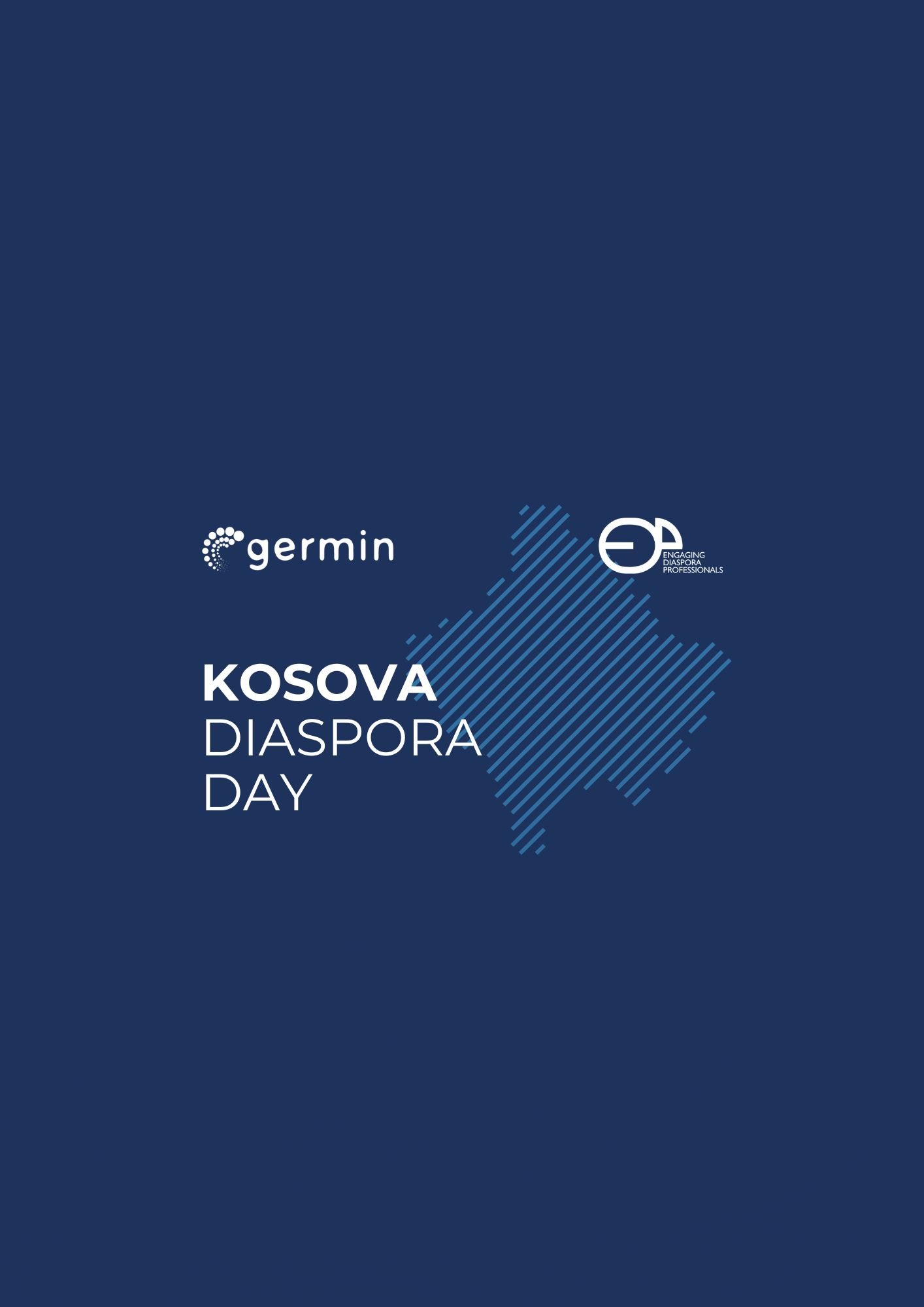Diaspora members, unlike foreign tourists, visit the homeland mainly driven by motives such as emotional or family ties, preservation of heritage and language, family reunification, re-connection with their roots, culture, and knowledge of the local context, etc. These motives imply a desire to relive or repeat past experiences associated with moments of joy, pleasure, nostalgia, as well as re-construct events of their dark or painful past. The motives greatly shape the experiences of the diaspora at home.
Numerous and frequent visits of the Albanian diaspora to the homeland, especially during holiday seasons, have taken on the dimension of what is called “diaspora tourism”. These types of visits have a potential to influence tourism development and its related sectors. In order to capitalize on diaspora tourism, it is necessary to take into account some factors from the homeland perspective:
- Understanding the motives of diaspora visits. First of all, it is very important to understand the motives that push diaspora members to visit the homeland so often. This is because their experience and impressions are shaped by the motives of the visits. Consequently, entities that provide services or products should keep in mind that if someone has come with the main purpose of reminiscing with relatives and homeland, he / she has less time to spend on other activities. Therefore, touristic offers must be tailored to demand – specific and clearly defined in time and space.
- Local and authentic oriented tourism. Diaspora tourism by nature creates or already has strong links with the local economy, to which the diaspora contributes greatly. Diaspora tourists are mainly looking for local and authentic experiences and products. Therefore, for them the quality is more important than the quantity of things. This is very important for the local economy, as the cultivation and promotion of products has a multifaceted effect in many other sectors such as: cultural and historical heritage, handicrafts, agriculture, livestock, etc. Moreover, it should be noted that the local economy can build a comparative advantage in tourism by cultivating and offering local products and authentic experiences rather than imported ones.
- Direct support to the local economy. Diaspora tourism is characterized by not very exclusive or expensive trips. Visiting local and often unknown shops, eating in traditional local restaurants with local owners, sleeping in small, less popular places, etc, is what makes in general diaspora tourism in the homeland. According to global data, the diaspora tourist spends on average less than a regular foreign tourist. Not because of financial impossibility but because of knowledge and desire for local experiences. Diaspora tourists also buy or order directly to local suppliers rather than through intermediary operators, thus directly supporting small local economic operators.
- Putting in the map “unknown” places. By visiting places that ordinary tourists do not visit as much as e.g. rural destinations on the occasion of family visits, local cultural or sports events, natural attractions with poor transport infrastructure, diaspora tourists put new places/locations on the tourist maps of the homeland countries. This affects the geographical distribution of tourist destinations and increases the quantity of the offer for foreign tourists over time, while boosting local and a balanced regional development within the country.
- More than seasonal tourism. While most tourism is seasonal, diaspora tourism may last longer. A large part of the diaspora members visit the homeland outside of the holiday season as well, because of the family visits as well as lower travel costs. This is an element that can lead to the extension of the holiday season, thus affecting the sustainability of tourism and revenues coming from it.
Given the driving factors for diaspora tourism, even if supply does not change, the number of visits is unlikely to fall, at least from the first generation of immigrants. The motives shape the experiences (even if negative) of this group as well as their assessment for services they get during the homecomings. “Diaspora tourists” are likely to disregard the quality of services in the country when making the decision to revisit the homeland. Consequently, it is assumed that there is a lack of demand for increased service quality.
However, the changing dynamics and demographics/generations of the diaspora will change over time the push factors for homeland visits. This may affect the number and intensity of diaspora visits to the homeland depending on the offer and quality of services we provide. New generations in the diaspora have less emotional ties to the country of origin, hence fewer motivating factors to visit it.
Therefore, from the perspective of tourism development, it is necessary to discuss the offer of Kosovo as a major tourist destination for the diaspora. There is potential to turn diaspora homecomings into catalysts for tourism development, but there is also a risk that this potential will be lost if we do not properly understand current demand and trends.
This opinion was motivated by the organization of the first edition of the festival “Go-to Sharr Fest”, where, among other things, was the discussion of ‘tourism and diaspora’ topic.



